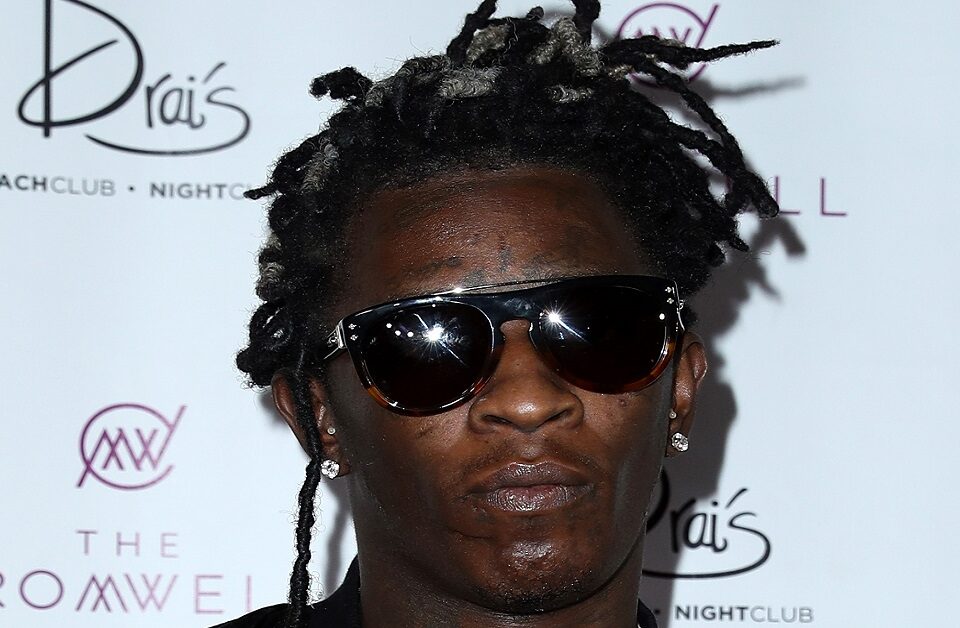The California legislature is one of two states leading the charge in protecting the creative rights of rappers by voting unanimously in favor of limiting the use of lyrics in criminal court cases.
Now, the bill is waiting for the state’s governor, Gavin Newsom to sign it into law.
According to Pitchfork, both the State Assembly and Senate passed the bill, AB 2799, which will strongly restrict prosecutors from being able to cite rap lyrics as evidence against artists.
The exception is unless the rhymes are detailing a crime and the artist is self-snitching and if the use of it won’t “inject racial bias into the proceedings.”
Additionally, the bill would require that courts get experts on the nuance of rap music, culture, and regional linguistics to inform the prosecutors and to prevent bias based on race or ethnicity.
“Under current law, rap artists can feel as though they are being read their Miranda Rights before they even begin to write music: ‘You have the right to remain silent. Anything you say can and will be used against you in a court of law,'” Assemblymember Reggie Jones-Sawyer, the bill’s author, said.
“We should not stymie the creative expression of artists. Unfortunately, racial biases play a role when talking about musical genres,” he continued. “Rap music lyrics share many similarities to that of other musical categories yet are singled out by the judicial system to characterize an artist. AB 2799 would disallow prosecutors from triggering racial biases or reinforcing racial stereotypes and it gives judges guidance on the use of creative expression in court.”
As AllHipHop.com has reported, several rappers have been under fire and are facing serious charges, with prosecutors using their lyrics to snag them.
Kevin Liles and other music executives have started a petition to lobby politicians to step in and protect their first amendment right to freedom of speech after Young Thug and Gunna were caught in a RICO case, where their lyrics will be used against them during the trial.
There is also a federal bill called the Restoring Artistic Protection Act (or RAP Act), which was introduced in the U.S. House of Representatives. It is also seeking to limit the use of lyrics in cases.
